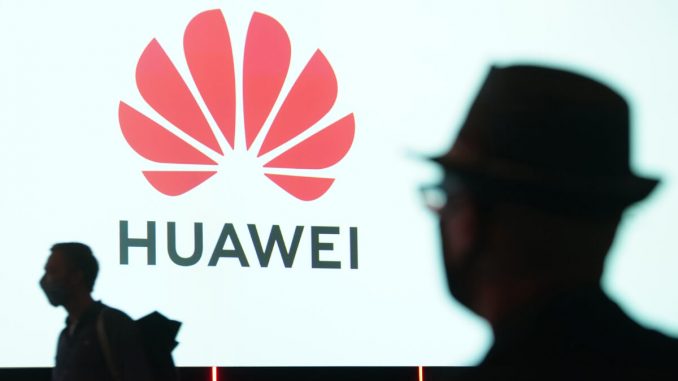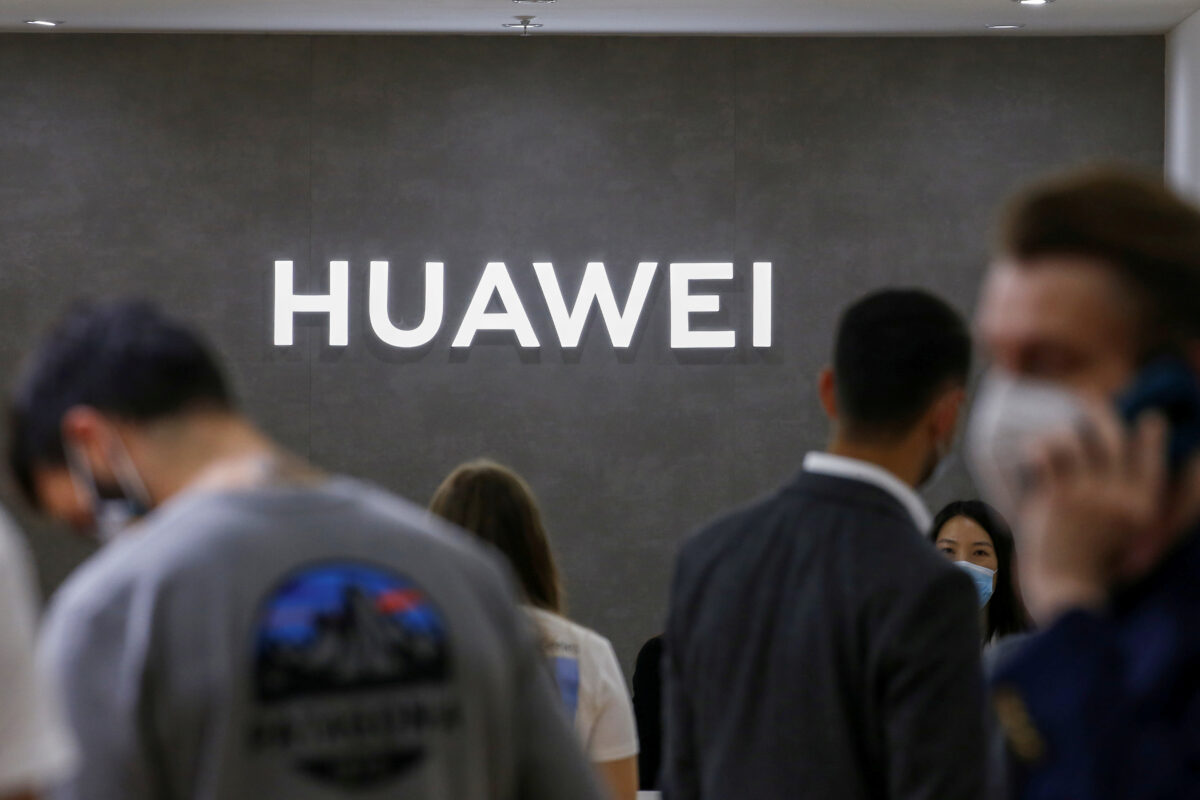
Experts from Canada, the United States, and New Zealand warned of how the Chinese Communist Party (CCP) is using companies such as Huawei to infiltrate and control key sector in Western countries, a House of Commons committee heard on Monday.
Carolyn Bartholomew, chair of the U.S.-China Economic and Security Review Commission, told the House Special Committee on Canada-China Relations that while Western governments use technology from Chinese companies in building smart cities, they are likely giving the CCP and its affiliated companies access “directly or indirectly into things like controlling traffic, controlling water supplies,” which could be used against these countries.
During the hearing, Bartholomew referred to a report by Dutch newspaper De Volkskrant on April 17 that said the Netherlands’ largest mobile telecommunications company KPN had commissioned the Capgemini consultancy firm in 2010 to conduct an internal investigation on the security of using the Huawei core network.
The Capgemini report revealed that Huawei was able to penetrate the KPN system, gaining access to its 6.5 million users, including the Dutch prime inister. Huawei even knew which numbers the Dutch police and intelligence service— the Algemene Inlichtingen en Veiligheidsdienst—were tapping into.
“I have been suspicious of Huawei all along,” Bartholomew said. “I think that this concept that they are free and independent of the Chinese government is ridiculous.”
“We all have concerns on the commission about how Chinese telecommunications can be used both to access data, access information, collect intelligence, and again, shut things down, if they want to do them,” she said.

Michel Juneau-Katsuya, an expert in national security and intelligence and former staff at the Canadian Security Intelligence Service, told the committee that the CCP has created “front companies” for the purpose of collecting intelligence for the Chinese regime. While a number of these front companies were created in Hong Kong before the United Kingdom returned the colony to China in 1997, some of them have also made their way to Canada.
“Several of the companies were so-called ‘front companies,’ they came here to get information, and they seem to want to collaborate with Canadian companies, but once they got the necessary information they needed, they disappeared once again,” Juneau-Katsuya said.
Juneau-Katsuya referenced China’s Confucius Institute (CI), which he said are “spy satellites” that also do espionage work for Chinese authorities. He noted that the director of the Confucius Institute in New Brunswick was asked to leave Canada in 2019 due to suspicious activities.
The province has announced plans to remove CIs programs from its education system by 2022.
“Throughout the world we’re seeing lots of different incidents, based in the Confucius Institutes or with other companies, who have stolen technology and information,” Juneau-Katsuya said.
He added that the Chinese regime and organized crimes also “collude to a certain extent” in Canada, which is currently under investigation by a money-laundering inquiry in British Columbia. The inquiry is looking at how Chinese gangs and organized crimes are using casinos and real estate for money-laundering.
Anne-Marie Brady, a professor at the University of Canterbury, told the committee that the CCP’s political interference activities, often known as United Front work, targeting Canada and other countries include several active measures.
First, the CCP seeks to control Chinese diaspora and use them as its agents. Second, Brady said, is “elite capture,” in which the CCP “captures” and uses foreign political and economic elites for its espionage activities. The third is a global information strategy in which China tries to bend international narratives to its favor.
“You can see how political interference fit with China’s much more aggressive foreign policy as a tool of the foreign policy, it’s a means to achieve China’s goals without military force, to weaken opposition to China’s objectives … even to establish collaboratives within our elites, to get information and technology. In other words, espionage, to control the diasporas, to control the diaspora discourse, and to control the international discourse on issues of interest to China,” Brady said.
Bartholomew said while the CCP makes use of all these tools to boost its influences and expand its authoritarianism, it’s important to “draw a distinction between the CCP and the Chinese people,” who are often also victims of the communist regime.
“Countries around the world are experiencing the push and pull of the CCP’s desire for power, influence, and primacy,” Bartholomew said. “We share the challenge of facing the CCP’s influence operations, and must all work together on effective responses.”





Be the first to comment